
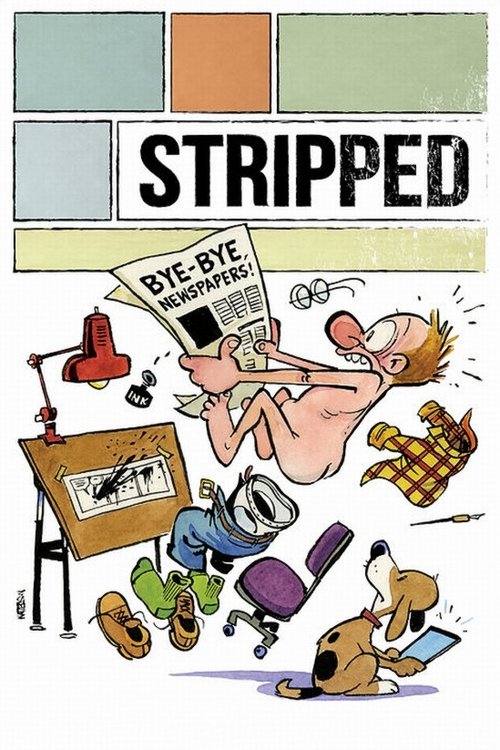
A documentary on comic strips, with never-seen-before interviews from Bill Watterson (Calvin & Hobbes), Jim Davis (Garfield), Jeff Keane (Family Circus), Cathy Guisewite (Cathy) and dozens more. The film asks a central question: Where do comic strips go when newspapers die? Everybody loves comics, but will they survive in a digital world?
Director: Dave Kellett, Frederick Schroeder
Writers: Frederick Schroeder, Dave Kellett
No Reviews Available
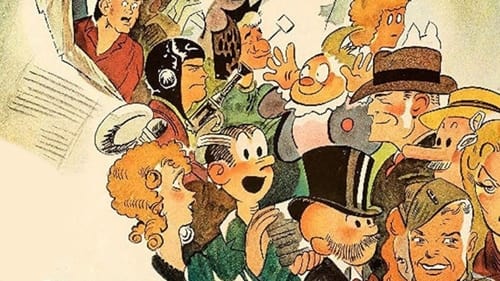
Americans are preoccupied with the news, but need an escape from many of the events reported in the news. These escapes in the past have included dime store novels. The most accessible of these escapes is what are known as the funny papers, the set of serialized comic strips that are included within many newspapers. They appeal to all socio-economic classes, and all ages. Some of the earliest known from the late 19th century include the Yellow Kid, Little Nemo, Happy Hooligan, the Katzenjammer Kids, Mutt & Jeff, and Bringing Up Father. Many cartoonists are seen in action. Some originated their characters, while others have taken over following the passing of the originator. The joy of many comic strips are the absurd and the fantastical, which are limited only by the imagination of the cartoonist. Others are grounded in reality, which add to their poignancy within the public mindset.
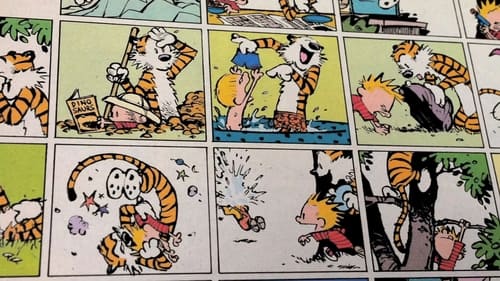
20 years after Calvin and Hobbes stopped appearing in daily newspapers, filmmaker Joel Allen Schroeder has set out to explore the reasons behind the comic strip's loyal and devoted following.

The historical saga of American superheroes. Born in the period between the Great Depression and the World War II to combat the hobgoblins of the modern world, these mutant human beings with superhuman powers colonized the funny papers, radio dramas, television and films, to become a truly national industry in the United States: they gave expression to the fears and obsessions of the twentieth century and bolstered American ideals.
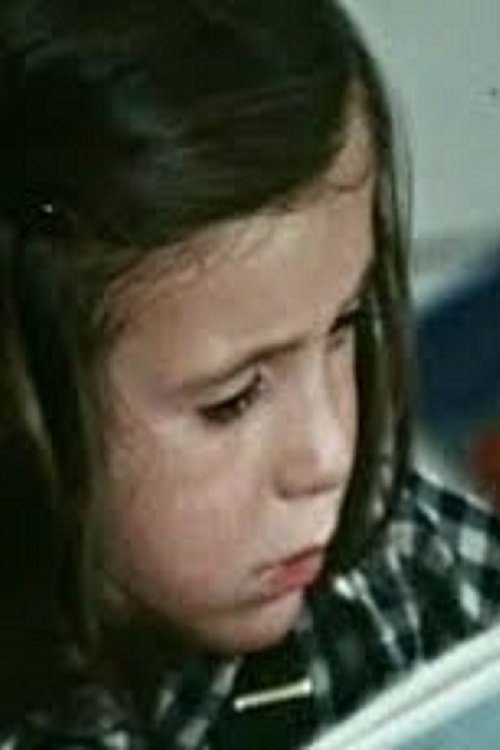
Short documenting the importance of comic books to children's imaginative development, in spite of adult fears that they might be a negative influence.
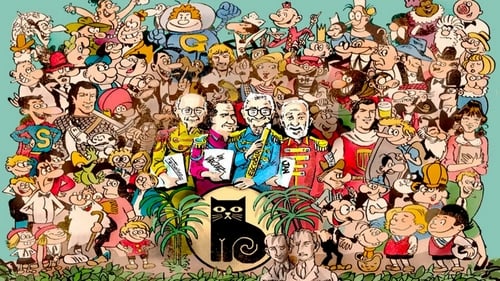
The history of Bruguera, the most important comic publisher in Spain between the 1940s and the 1980s. How the characters created by great writers and pencilers became Spanish archetypes and how their strips persist nowadays as a portrait of Spain and its people. The daily life of the creators and the founding family, the Brugueras. The world in which hundreds of vivid colorful paper beings lived and still live, in the memory of millions, in the smile of everyone.
Subscribe for exclusive insights on movies, TV shows, and games! Get top picks, fascinating facts, in-depth analysis, and more delivered straight to your inbox.